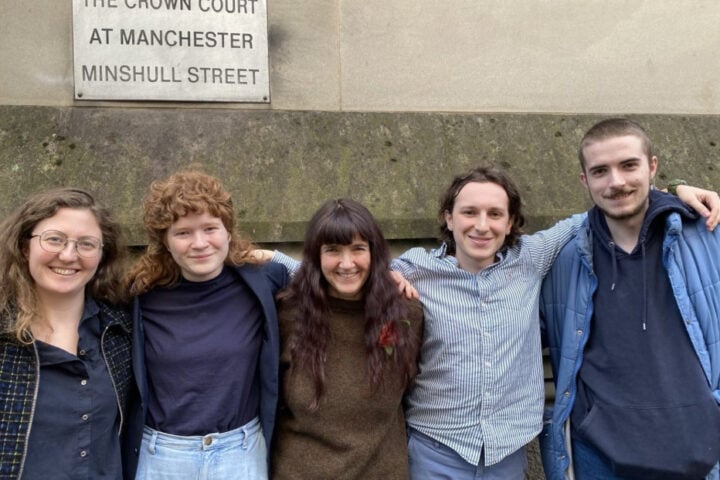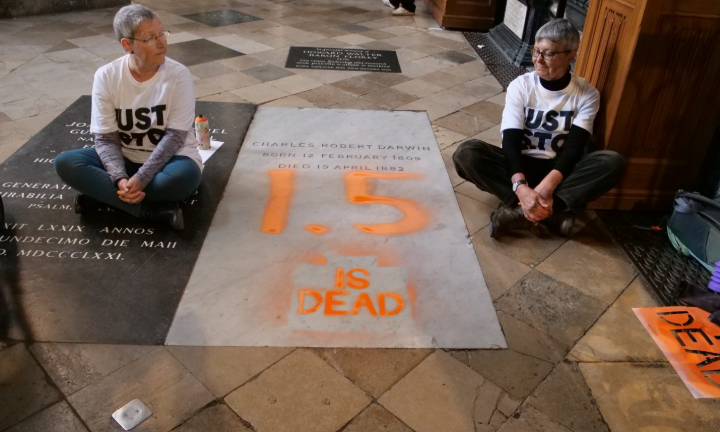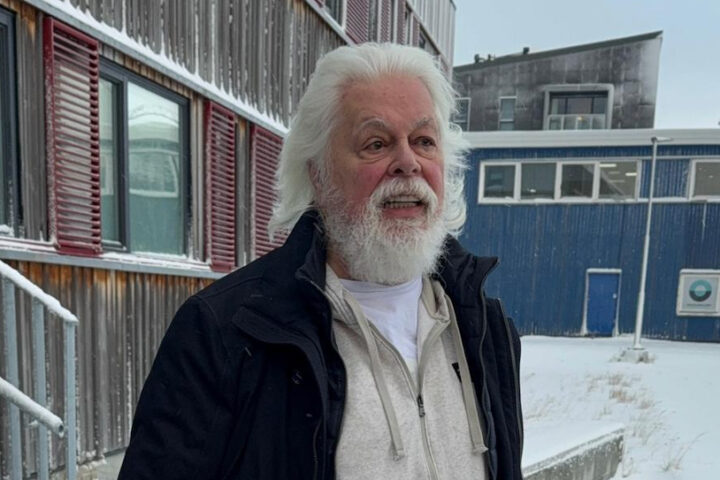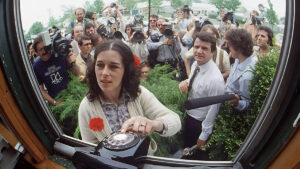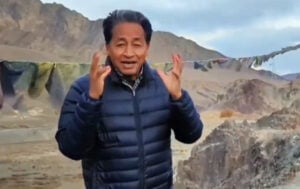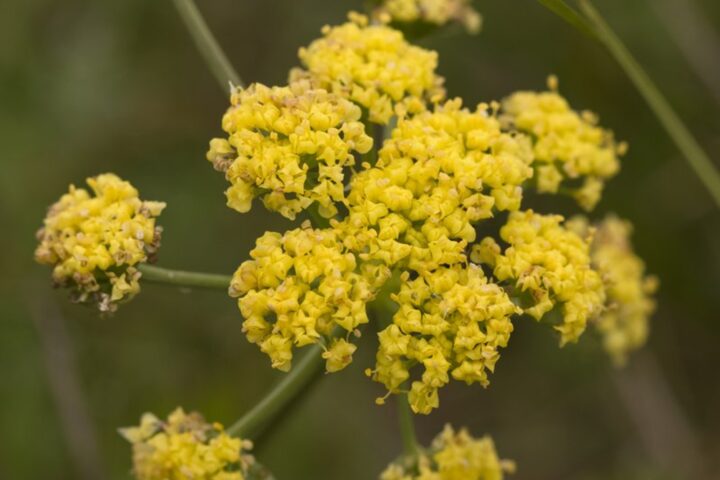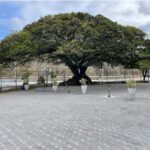Our environment consists of five elements of nature – Earth, Water, Light, Wind & Space. In order to live a healthy and long life, we have to keep these elements clean. Trees are a symbol of nature. If we protect a tree, it will protect us in turn: Vriksho Rakshati Rakshitah. Sunder Lal Bahuguna spent all his life protecting trees. Born on 9 January,1927 at Maroda near Tehri, Uttarakhand, young Sunder loved nature in all its forms. Nature was equal to all. So when he found that the so-called untouchables were given unequal treatment, he fought for their rights. As a Gandhian, he supported women in their struggle against liquor. He also participated in the freedom movement under the guidance of freedom fighter Dev Suman. He married Vimla with a condition that they would live in an Ashram in a village.
Inspired by Gandhiji, he walked through Himalayan forests & hills for about five thousand Kms on foot and observed the damage caused by the mega developmental project to the fragile eco-system of mighty Himalaya, about which the great Sanskrit poet Kalidas said that there is a king of mountains called Himalaya in the North, with a divine soul, standing in between eastern & western seas as a measuring rod of earth: Astyuttarasyam Dishi Devatatma Himalayo Naam Nagadhirajah, Poorvaparow Toyanidhivagahya Sthitah Pruthivya Iva Manadandah. There was a movement called Chipko, started In Uttarakhand in the early 70s to save trees. The people spontaneously hugged the trees so that the forest contractors would not cut them. Chipko means to hug. Bahuguna’s contribution to Chipko Movement was his slogan: Ecology is a permanent economy.
In 1981-83 Sunder Lal undertook a 5,000 Kms march in Himalayan forests & hills to spread this Mantra. His Padayatra from village to village attracted hundreds of villagers. Thus he became a symbol of the Chipko Movement. He actively supported Gaura Devi, one of the pioneers of this ecological movement. In 1980 Bahuguna even met the Prime Minister Indira Gandhi who ordered a ban on cutting trees for a period of 15 years. Despite his protests and Satyagraha, the Tehri Dam was built. So he shifted to Dehra Dun.
Sunder Lal inspired Pandurang Hegde, an environmental activist from Karnataka, to start an Appiko (Kannada for Chipko) movement to protest against cutting of trees, monoculture & deforestation in the Western Ghats. This resulted in a ban on cutting green trees in 1981. Bahuguna also worked for the improvement of the hill people, especially working women. His wife Vimla Bahuguna was a constant companion of Sunder Lal in all his activities. Bahuguna passed away on 21 May, 2021 at the age of 94. A telling tribute was paid to him in the form of a cartoon by popular Amul founded by Dr Varghese Kurien, Father of White Revolution.
Awards & Prizes Bestowed On Sunderlal Bahuguna Are As Follows:
1. Jamnalal Bajaj Award for social work,1986
2. Right Livelihood Prize (Alternative Nobel Prize),1987
3. Honorary Doctorate in Social Sciences by I I T, Roorkee,1989
4. Padma Vibhushan for Environmental Work, 2009.
Books Written By Bahuguna:
1. India’ s Environmental Myth & Reality with Dr Vandana Shiva & Medha Patkar
2. Environmental Crisis & Humans at Risk: Priorities for Action with Rajiv K
3. Bhu Prayog me Buniyadi Parivartan ki Or
4. Dharti ki Pukar
George Alfred James has written about Bahuguna’s contribution to ecological work in his Book called: Ecology is a Permanent economy- the Activism & Environmentalism of Sunderlal Bahuguna, published by State University of New York in 2013. Sunderlal’s story and his work have been covered by many big publishers. He remains to be an inspiration for many. Bahuguna is no more, but he lives in the form of the Chipko Movement.






